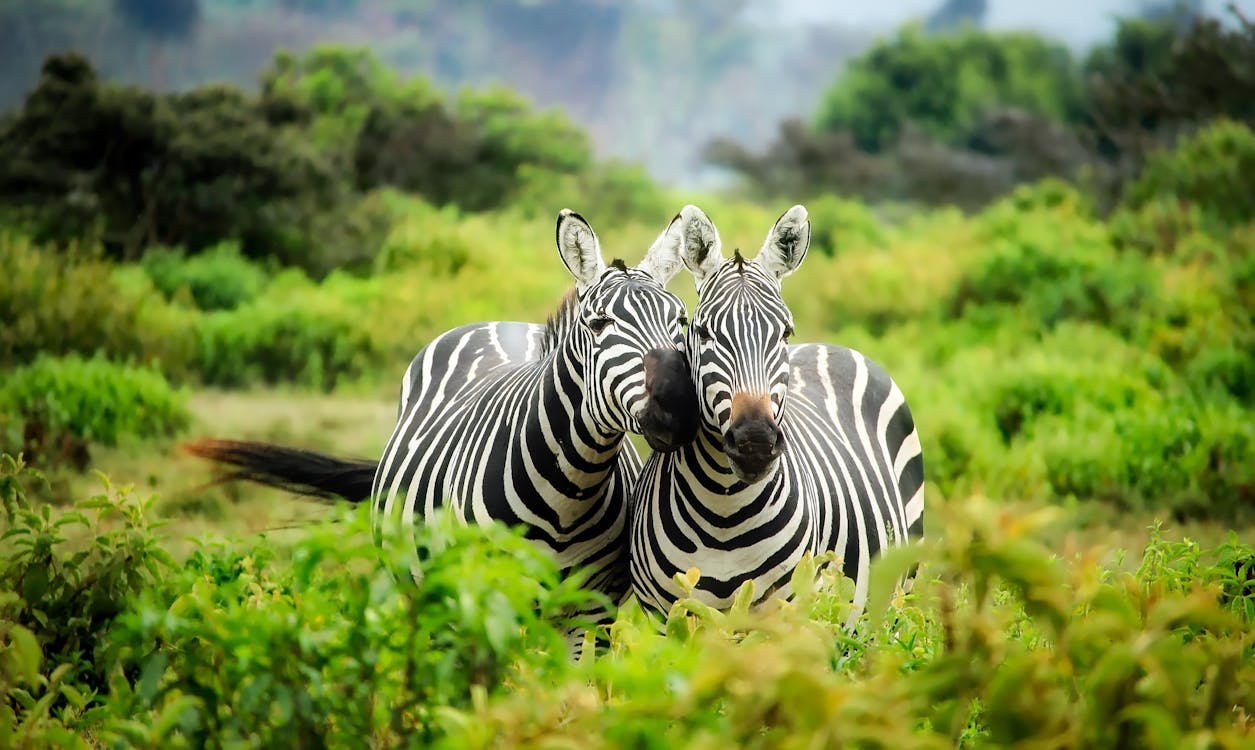 The right clothing can make or break your safari experience. It’s not just about looking good; it’s about staying comfortable and protected in the wild. Lightweight and breathable fabrics are your best friends.
The right clothing can make or break your safari experience. It’s not just about looking good; it’s about staying comfortable and protected in the wild. Lightweight and breathable fabrics are your best friends.
Go Neutral
Think Cool And Dry

Each fabric has its pros and cons. For example, cotton shirts can be very breathable but are slow to dry. Cheap synthetic shirts might be fast-drying, but leave an odour. Merino wool like linen is expensive but is a very breathable material.
African Weather Can Be Unpredictable
The African weather can be unpredictable and can vary depending on what part of the continent you are, the season and time of day. This means it’s always good to layer your tops because the mornings usually are chilly and then the day heats up. What I noticed was that a lot of people wore a light fleece jacket and convertible pants – trousers that zip off into shorts.
Comfortable walking shoes or hiking boots were a must. You’ll likely be on your feet a lot, and good footwear can make a huge difference. Throw in a pair of flip-flops for lounging around camp after a day of adventure.
- This post contains affiliate links that I earn a small commission from at no cost to you.
A good backpack can keep all your essentials close at hand. Opt for something lightweight but sturdy enough to carry water, snacks, a camera, and any other items you need during the day.
Capturing Memories: Photography And Gadgets
When it comes to capturing the stunning landscapes and incredible wildlife on safari, having the right gear is essential. A good camera can make all the difference. DSLRs and mirrorless cameras with interchangeable lenses are ideal for capturing high-quality images. A telephoto lens is particularly useful for zooming in on distant animals without disturbing them.
Smartphones On A Tight Budget
If a high-end camera isn’t in your budget, don’t worry. Many smartphones now come equipped with impressive cameras that can do the job. Just make sure you have enough storage and consider a portable power bank to keep your device charged throughout the day.
Extra batteries and memory cards are a must. The last thing you want is to run out of power or storage space right when you spot that perfect shot. Bring more than you think you’ll need because opportunities for recharging and transferring photos might be limited.
Don’t Miss Out On Any Detail
Binoculars are another essential item. While your camera zoom is great for taking pictures, binoculars provide a much better way to observe wildlife from a distance. They allow you to take in the full scene without missing any details. A pair that is compact yet powerful works best.
Protecting your electronics is vital in the unpredictable safari environment. Invest in a good-quality, waterproof camera bag or case to safeguard your gear from dust, water, and accidental drops. Consider also carrying a microfiber cloth to keep lenses and screens clean.
Don’t forget to savor the experience through your own eyes, not just the lens. While capturing memories is important, being present in the moment and soaking in the beauty around you can make your safari truly unforgettable.
Health And Safety Kit For Safari Travelers
Preparing for a safari isn’t just about having the right clothing and gadgets; it’s also about ensuring you have the right health and safety items. A well-stocked first-aid kit should be at the top of your list. Include basics like adhesive bandages, antiseptic wipes, pain relievers, and any personal medications you might need.
Insects Can Be A Nuisance
Insect repellent is a must. Mosquitoes and other insects can be more than just a nuisance; they can carry diseases like malaria. Opt for a repellent with DEET or another effective ingredient. For extra protection, consider clothing treated with insect repellent.
Water Bottles With Built-In Filters
Staying hydrated is crucial, especially under the African sun. Bring portable water filters or purification tablets in case you need to drink from natural sources. Reusable water bottles with built-in filters are also a great option.

Vaccinations and medications can safeguard you from various diseases. Consult with a travel clinic well in advance to ensure you’re up-to-date on necessary shots, such as yellow fever and typhoid. Carry a copy of your vaccination records just in case.
Having travel insurance can provide peace of mind. Ensure your policy covers medical emergencies, trip cancellations, and evacuations. Check the details carefully to confirm it meets your needs for the regions you’ll be visiting.
If you haven’t booked your safari holiday, do shop around.





